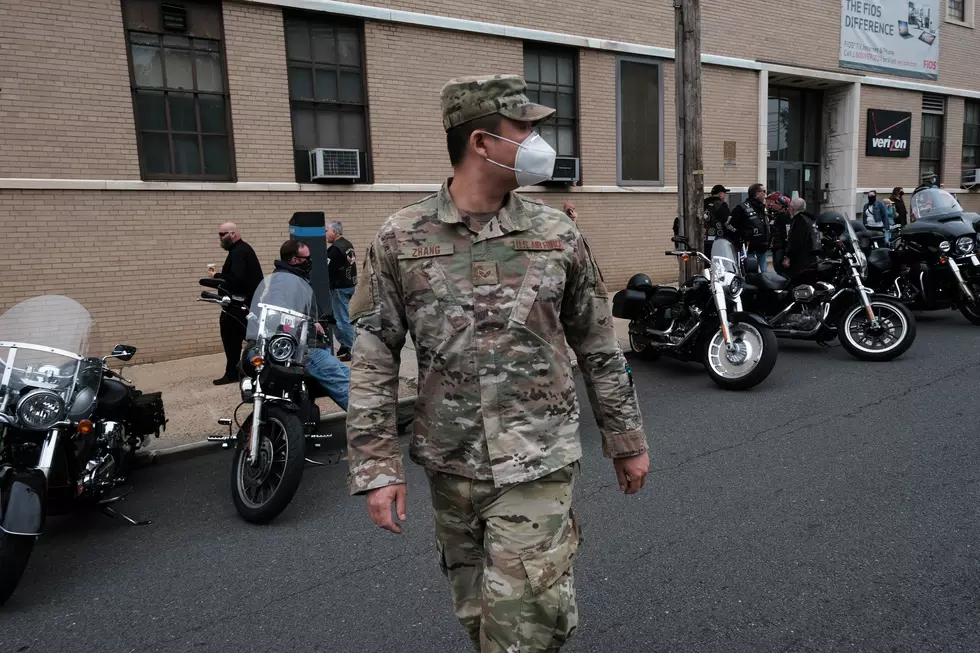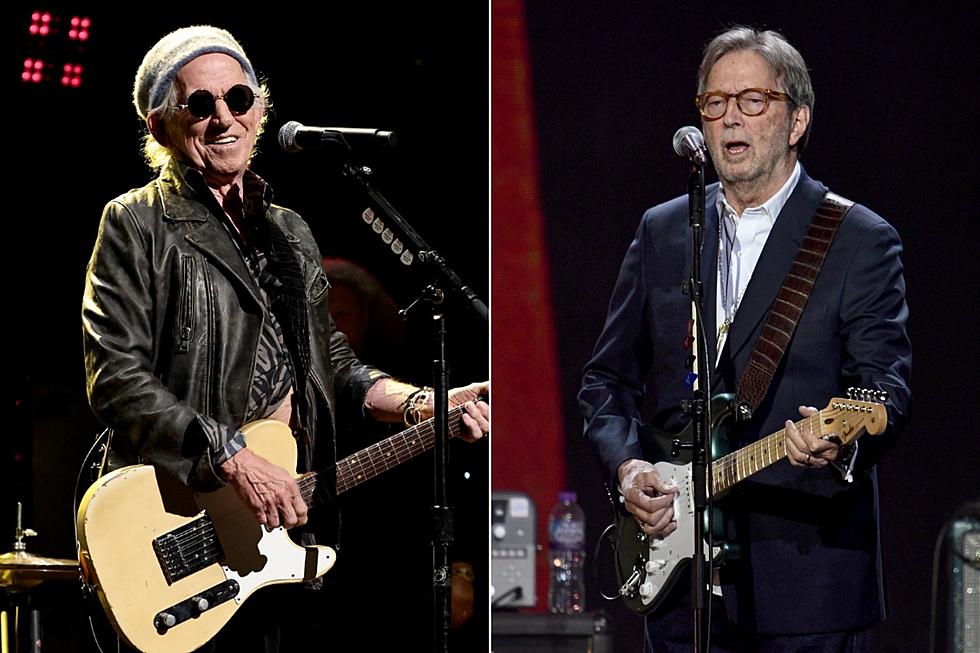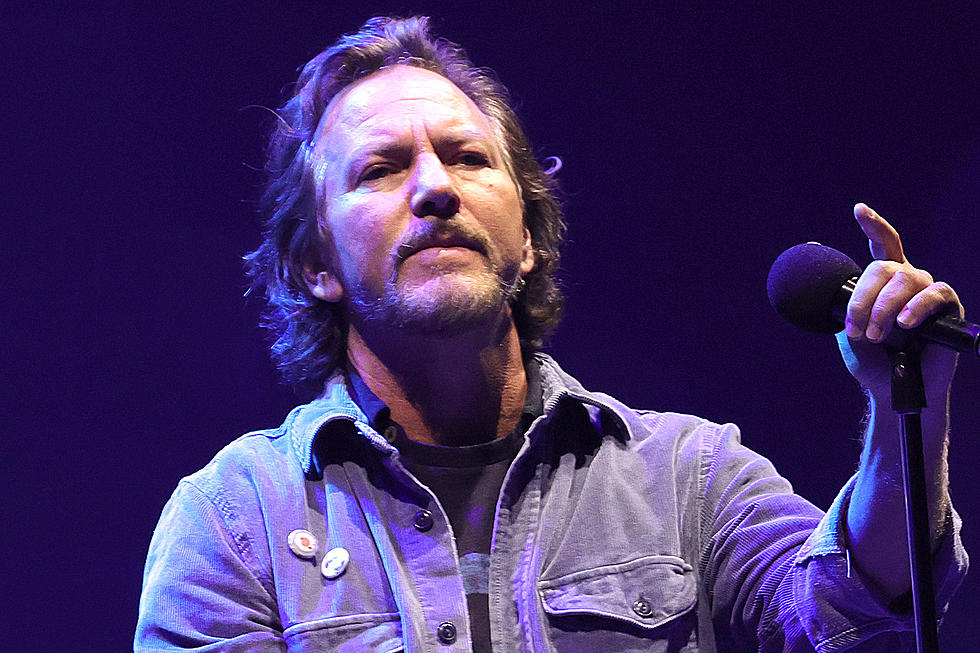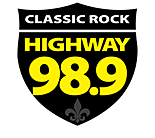
Louisiana Is Basically Doing The California “Lock-down” Over Virus
For more than a week the State of Louisiana has been making moves to slow the spread of COVID-19, or as it's commonly known, coronavirus. Louisiana Governor John Bel Edwards has closed schools, bars, gyms, casinos, movie theaters, and has reduced restaurants to take out and delivery only. Louisiana has also reduced gatherings to 50 people or less.
But many in Louisiana continue to believe that there's some stronger reaction coming from the state government. There have been a lot of posts on social media about aggressive steps involving military and police responses to COVID-19. Some of those social media posts have even led to Louisiana residents being arrested due to the false information.
Many of the Louisiana residents who expect "something more" to come are often pointing to the rules put in place in California. Where they are referring to their changes as a "shelter in place" order, or a "lock-down". The "strongest" response to COVID-19 has been in San Francisco. But when you really break down what they're doing versus what Louisiana is doing, there's really not much different, besides words.
You won't find the word "lock-down" used in Louisiana's changes, but in practice, these two plans look very similar. Here's a comparison:
Can You Go Outside To Walk Around?
California - Yes
Louisiana - Yes
Are Schools Closed?
California - Yes
Louisiana - Yes
Are Gas Stations Open?
California - Yes
Louisiana - Yes
Are Banks Functioning?
California - Yes
Louisiana - Yes
Can You Go To The Laundromat Or Dry Cleaner?
California - Yes
Louisiana - Yes
Are Casinos Closed?
California - Yes
Louisiana - Yes
Can You Drive Around?
California - Yes
Louisiana - Yes
Here's the big thing about San Francisco's order, their list of Essential Businesses is huge. The industries that are still moving along allow a lot of people to continue to leave home. Here's the list of Essential Businesses under their guidelines:
For the purposes of this Order, “Essential Businesses” means:
i. Healthcare Operations and Essential Infrastructure;
ii. Grocery stores, certified farmers’ markets, farm and produce stands,
supermarkets, food banks, convenience stores, and other
establishments engaged in the retail sale of canned food, dry goods,
fresh fruits and vegetables, pet supply, fresh meats, fish, and poultry,
and any other household consumer products (such as cleaning and
personal care products). This includes stores that sell groceries and
also sell other non-grocery products, and products necessary to
maintaining the safety, sanitation, and essential operation of
residences;
iii. Food cultivation, including farming, livestock, and fishing;
iv. Businesses that provide food, shelter, and social services, and other
necessities of life for economically disadvantaged or otherwise needy
individuals;
v. Newspapers, television, radio, and other media services;
vi. Gas stations and auto-supply, auto-repair, and related facilities;
vii. Banks and related financial institutions;
viii. Hardware stores;
ix. Plumbers, electricians, exterminators, and other service providers
who provide services that are necessary to maintaining the safety,
sanitation, and essential operation of residences, Essential Activities,
and Essential Businesses;
x. Businesses providing mailing and shipping services, including post
office boxes;
xi. Educational institutions—including public and private K-12 schools,
colleges, and universities—for purposes of facilitating distance
learning or performing essential functions, provided that social
distancing of six-feet per person is maintained to the greatest extent
possible;
xii. Laundromats, dry cleaners, and laundry service providers;
xiii. Restaurants and other facilities that prepare and serve food, but only
for delivery or carry out. Schools and other entities that typically
provide free food services to students or members of the public may
continue to do so under this Order on the condition that the food is
provided to students or members of the public on a pick-up and takeaway basis only. Schools and other entities that provide food services
under this exemption shall not permit the food to be eaten at the site
where it is provided, or at any other gathering site;
xiv. Businesses that supply products needed for people to work from
home;
xv. Businesses that supply other essential businesses with the support or
supplies necessary to operate;
xvi. Businesses that ship or deliver groceries, food, goods or services
directly to residences;
xvii. Airlines, taxis, and other private transportation providers providing
transportation services necessary for Essential Activities and other
purposes expressly authorized in this Order;
xviii. Home-based care for seniors, adults, or children;
xix. Residential facilities and shelters for seniors, adults, and children;
xx. Professional services, such as legal or accounting services, when
necessary to assist in compliance with legally mandated activities;
xxi. Childcare facilities providing services that enable employees
exempted in this Order to work as permitted. To the extent possible,
childcare facilities must operate under the following mandatory
conditions:
1. Childcare must be carried out in stable groups of 12 or fewer
(“stable” means that the same 12 or fewer children are in the
same group each day).
2. Children shall not change from one group to another.
3. If more than one group of children is cared for at one facility,
each group shall be in a separate room. Groups shall not mix
with each other.
4. Childcare providers shall remain solely with one group of children
So where Louisiana currently stands, we're essentially in the same spot as San Francisco, and their "shelter in place" order.
More From Highway 98.9









